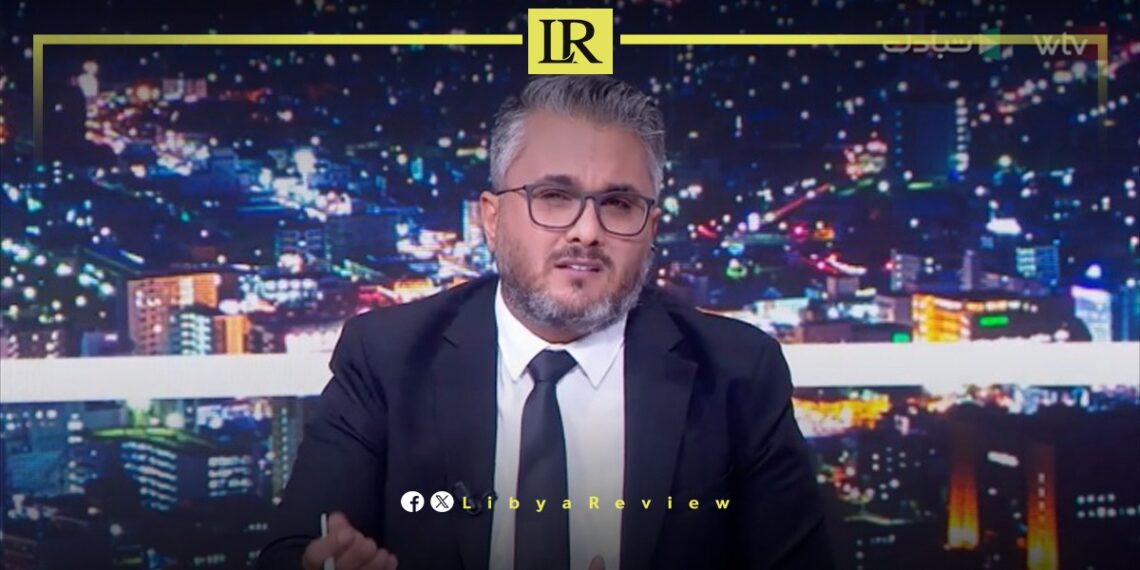The Committee to Protect Journalists (CPJ) has called for the immediate and safe release of Libyan journalist Ahmed Al-Senussi, who was kidnapped in Tripoli on Thursday.
Yeganeh Rezaian, the acting coordinator of CPJ’s Middle East and North Africa program, strongly condemned Al-Senussi’s detention. She stated, “We strongly denounce the arrest of Libyan TV host Ahmed Al-Senussi. It is unacceptable that the authorities have not disclosed his whereabouts or the reason for his detention.”
Rezaian emphasized that the authorities must release Al-Senussi unconditionally and ensure his safe return home.
The CPJ, an independent, non-profit, and non-governmental organization based in New York, highlighted in a statement that security forces arrested Al-Senussi. Al-Senussi is the owner of the Sada economic news website and the host of the “Flusna” program on Al-Wasat TV (Wtv). His detention came shortly after he published documents alleging corruption within the Ministry of Economy and Trade of the Government of National Unity and its Minister, Mohamed Al-Hwaij.
The statement also mentioned that as of Friday, Al-Senussi’s location and the reason for his arrest remain unknown. This information came from a local journalist who spoke to CPJ on condition of anonymity, fearing retaliation.
CPJ further noted that they had received no response to their emails sent to the Internal Security Agency, led by Lotfi Al-Harari, concerning Al-Senussi’s arrest.
This incident underscores the ongoing risks faced by journalists in Libya, where press freedom is under threat and journalists frequently face harassment, detention, and violence for their work. The international community has repeatedly called on Libyan authorities to uphold the rule of law and protect journalists’ rights, ensuring they can perform their duties without fear of reprisal.
Since the 2011 revolution that ousted Muammar Gaddafi, Libya has faced political instability and violence, leaving the country divided between rival factions and various militias controlling different regions. Amid this chaos, abductions, enforced disappearances, and extrajudicial detentions have become common, creating an atmosphere of fear and insecurity.


